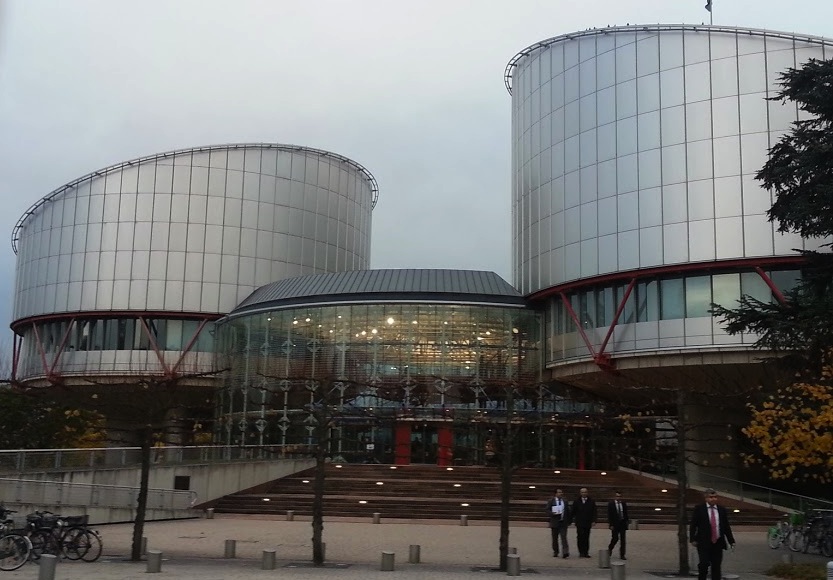
Aug 1, 2016
On 29 July 2016, the ICJ and other groups submitted a third-party intervention in the joint cases of Nikolay Alekseyev and Movement for Marriage Equality v. Russia and Nikolay Alekseyev and Others v. Russia before the European Court of Human Rights.
The cases concern the Russian authorities’ refusals to register associations defending the rights of homosexuals.
In their written submissions to the European Court of Human Rights, the ICJ, the European Human Rights Advocacy Centre (EHRAC) and the European Region of the International Lesbian, Gay, Bisexual Trans and Intersex Association (ILGA-Europe) focused on the extent of legitimate restrictions on the right to freedom of association for the protection of morals having regard, in particular, to the right to respect for private life under Article 8 of the European Convention on Human Rights.
The comments drew upon the European Court’s case-law; authoritative interpretation of other applicable sources of international law and comparative international law.
RUSSIA-INTERVENTION ALEKSEYEV ECtHR-LEGALINTERVENTION-2016-ENG
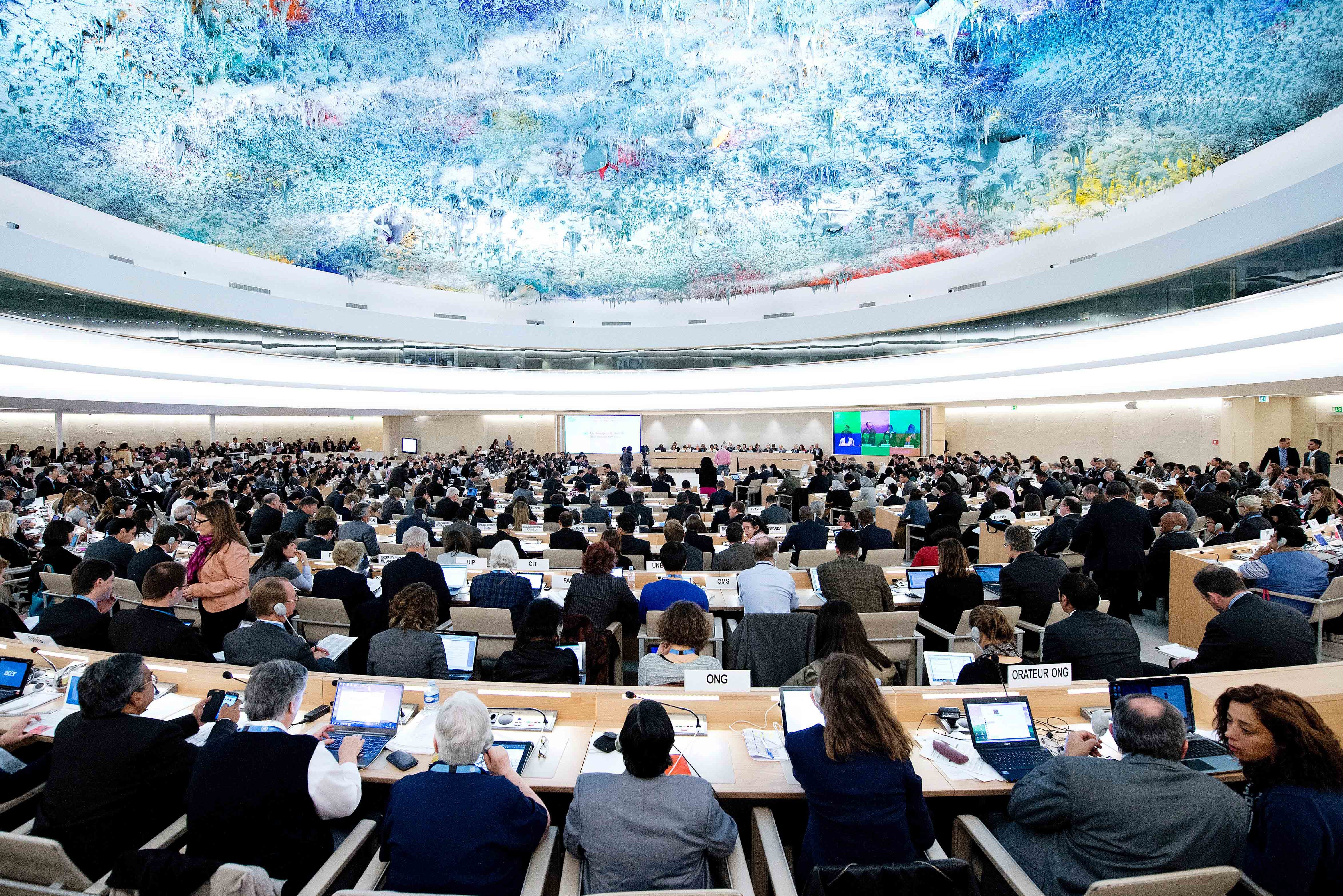
Jun 27, 2016 | Advocacy, Non-legal submissions
The ICJ today joined 567 other organisations, from 142 countries, in a statement to the UN Human Rights Council calling on the Council to create an Independent UN Expert to address discrimination and violence against persons based on sexual orientation and gender identity.
The statement can be downloaded in full here: HRC32-OralStatement-Item8-SOGI-2016-ENG
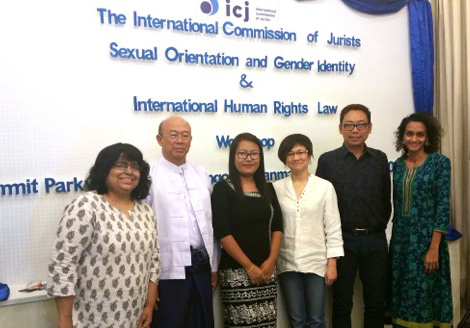
May 15, 2016 | News
The ICJ hosted a workshop on “Sexual Orientation and Gender Identity and International Human Rights Law” in Yangon on 14 and 15 May 2016.
The workshop was the first of its kind in Myanmar to bring together such a varied group of people to discuss the topic of Sexual Orientation and Gender Identity (SOGI) and international human rights law.
The event drew together a diverse group, including more than 50 lawyers from different parts of Myanmar, along with lesbian, gay, transgender, bisexual, inter-sex and queer (LGBTI) activists, members of the Myanmar National Human Rights Commission, and regional academics and lawyers and international experts.
Myanmar-SOGI workshop-News-Web Story-2016-ENG (full story in PDF)
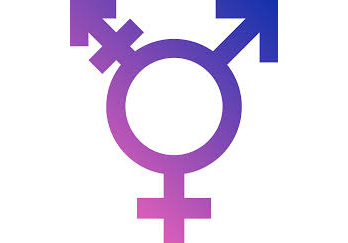
Apr 15, 2016
The Indian government must ensure protection of rights of transgender people in line with its international obligations and the seminal ruling of the Supreme Court in National Legal Services Authority (NALSA) v. Union of India, the ICJ said in a briefing paper released today.
“While there has been some progress over the past two years since the NALSA judgment, it is not enough,” Sam Zarifi, ICJ’s Asia Pacific Director said. “India must take steps to immediately implement all directions of the Supreme Court, and ensure that transgender persons in India can enjoy the full range of their human rights, free from discrimination and violence”.
“The directions in the NALSA judgment provide an important charter for transgender rights in the country,” Zarifi added. “It is time for the government to uphold the equality and dignity of transgender persons in India, and enable them to fully enjoy their human rights, free from discrimination and violence”.
The ICJ’s briefing paper addresses questions regarding the scope of the NALSA decision; the government’s role and responsibility in implementing it; what implementation steps have been taken so far and other related developments since the judgment; what the significant gaps in implementation have been; and India’s relevant international human rights law obligations.
Background
On 15 April 2014, the Indian Supreme Court released its judgment in the NALSA case.
Grounding its reasoning in the rights to equality, non-discrimination, freedom of expression and dignity, the Court affirmed transgender persons’ right to their self-identified gender, such as male, female or as third gender, and directed the government to grant legal recognition of the same and to take specific steps to ensure equality and non-discrimination for transgender persons.
It has now been two years since the NALSA decision.
But the Indian Central and state governments have still not implemented some of the core directions set out in the judgment.
For example the basic process of accessing legal gender recognition remains unclear, with individuals being forced to navigate a dizzying array of bureaucratic hurdles.
India has ratified several international human rights instruments that require the government to respect, protect and fulfill the right to equality and non-discrimination for transgender people.
Contact:
Danish Sheikh: t +91 8197979171
Sanhita Ambast: t +91 9810962193
India-Q&A NALSA-Advocacy-Analysis brief-2016-ENG (full brief, in PDF)
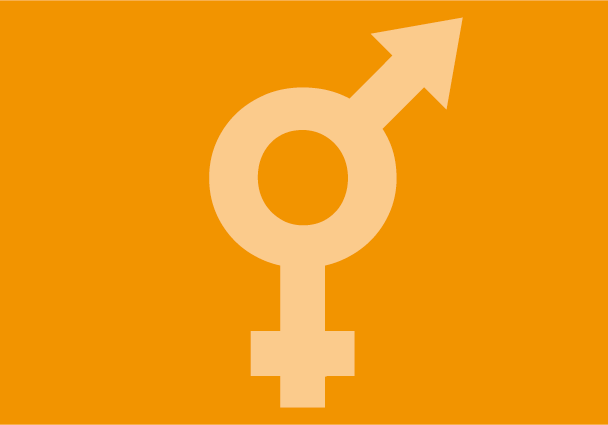
Mar 24, 2016
The Indian Supreme Court should decriminalize consensual same-sex relations when it reviews its December 2013 decision in the Suresh Kumar Koushal case, said the ICJ in a briefing paper released today.
The judgement of this case is upholding the constitutionality of the criminalization of consensual same-sex relations under section 377 of the Indian Penal Code (IPC),
The briefing paper answers some key questions arising from the Supreme Court’s referral earlier this year of its Suresh Kumar Koushal decision to a five-judge bench of the Court, based on the Court’s acknowledgment that the case involved issues with “constitutional dimensions”.
“The referral has opened up a significant new chapter in this critically important litigation, which has been ongoing since 2001”, said Sam Zarifi, ICJ’s Asia-Pacific Director. “The Supreme Court has the opportunity to ensure that this archaic and discriminatory law is taken off the statute book for good”.
The ICJ’s briefing paper answers questions regarding the nature of the Supreme Court’s referral in this case through a curative petition. It also sets out the issues in the case that are currently before the Court; the history of this particular litigation; and India’s international obligations around these issues.
“It is time to move beyond the injustice of the Suresh Koushal Case,” Zarifi said. “Holding section 377 unconstitutional would have enormous transformative value for LGBT rights in the country and beyond.”
“It would set the stage for the full recognition of LGBTI rights as human rights, as required by international human rights law, by which India is bound,” he added “in particular, the principles of non-discrimination, equality before the law and equal protection of the law.”
Background
Section 377 of the IPC makes it a criminal offence for “[w]hoever voluntarily has carnal intercourse against the order of nature with any man, woman or animal”.
It has been interpreted to apply to consensual same-sex sexual relations. It has also been used as a tool of harassment and intimidation against sexual and gender minorities in India.
By allowing the criminalization of consensual same-sex conduct, section 377 has facilitated numerous human rights violations, including non-discrimination, equality before the law, equal protection of the law, liberty and security of person, free expression, health, and privacy.
Under international human rights law, India is bound to respect, protect and fulfill all these rights.
India-Q&A art 377-Advocacy-Analysis brief-2016-ENG (full briefing paper, in PDF)









